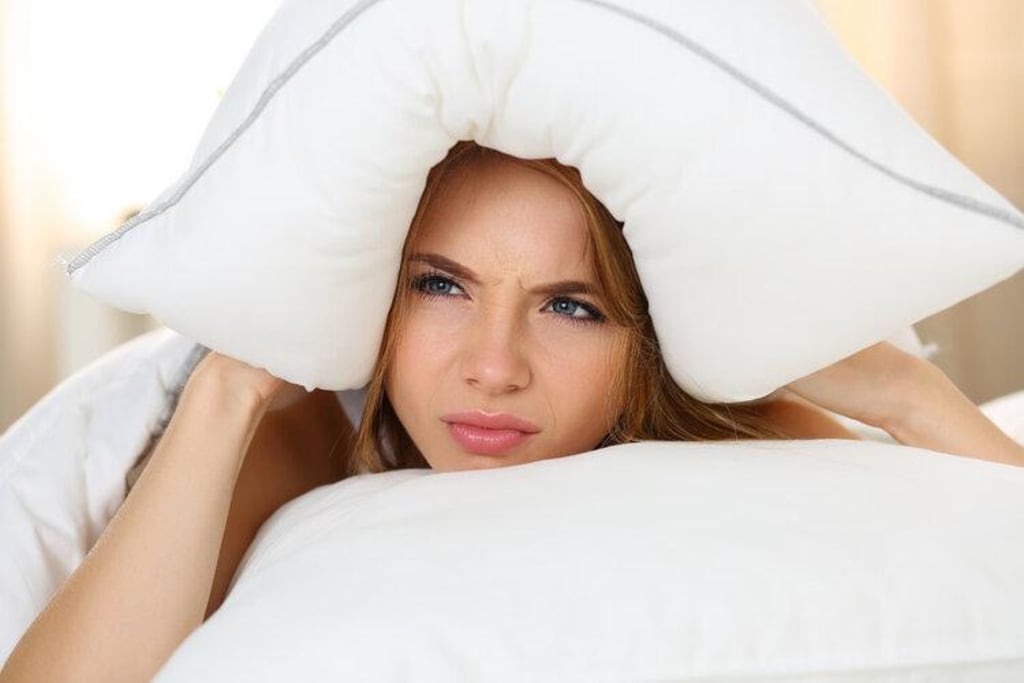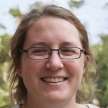"People sleep three sleeps, life is thinner than paper"?
3 kinds of sleep can not sleep, sleep more injury?

"Hurry up and get up, sleep hurts!" Ms. Su lifted the quilt of her son Xiaowei.
Ms. Su's son Xiaowei was admitted to boarding high school, usually under the discipline of the school teacher, early to bed and early rise. During the summer vacation, he was relieved to sleep at home, but this habit caused his mother dissatisfaction.
Ms. Su felt that the plan of the day is in the morning, son Xiaowei's sleep is a waste of youth, very wrong, and such a view was met with Xiaowei's dissatisfaction and her husband's opposition.

Ms. Su's husband said he had read in an article that the longer you sleep, the smarter you will grow, and Xiao Wei is at the developmental stage, so sleeping a little longer is good for growth.
With the support of his father, Xiaowei fell asleep peacefully, and Ms. Su did not care what she said. The couple argued heatedly over their son's education, triggering a family conflict.
Is it true that the more people sleep, the smarter they are? Or will more sleep hurt? Let's find the answer together.
First, the longer you sleep, the smarter you are.
Sleep is the best way for the body to repair itself, but due to physical and habitual reasons, everyone's sleep length varies, the longer you sleep the smarter you really will be. Not necessarily!
Most people sleep 6-8 hours a day, but some people sleep differently. 5% of them sleep less than 5 hours, while others have a longer need for sleep, usually more than 8-10 hours, which are called "long sleepers" in medical science.
The length of sleep, in addition to physical and habitual constraints, will be subject to work, stress, mental, and other aspects of the role, while the quality of sleep and the length of time is not much related to the more critical the "depth" of sleep.

Medical research has found that the human body sleeps through the conversion of light sleep and deep sleep, of which the higher the proportion of deep sleep, the better the quality of sleep. But whether it is sleep time or sleep quality, there is no clear evidence to link it with human intelligence, and it is impossible to produce more sleep the smarter the argument. On the contrary, sleeping too long is harmful.
In 2019, the medical journal Neurology published a study done under the leadership of Professor Xiaomin Zhang at Tongji Hospital of Huazhong University of Science and Technology, which found a total of 1,557 stroke patients in the process through a six-year follow-up of the participating national population.
A comprehensive analysis led to the conclusion that people who slept more than 9 hours a night increased their risk of stroke by 23% over those who slept 7-8 hours, and those who napped for 90 minutes or more increased their risk of stroke by 25% over those who slept for 1-30 minutes.
This shows that sleeping a lot does not mean sleeping well, some sleep is really can not sleep.
Second, "people sleep three periods of sleep, life is thinner than paper"? These 4 feel less sleep
Sleep is a daily compulsory course that everyone can not avoid, but sleep does not mean losing self-control, there are sleep more and more injuries, really can not sleep more, especially these four.
Sleeping: people have a sleep rhythm, and there is a clear boundary between day and night, long-term sleep will lead to disruption of the biological clock, not only will make the immune system decline, increasing the risk of disease, but also encroach on the breakfast time, many people do not eat breakfast, will lead to gastrointestinal discomfort, and in serious cases may induce gastrointestinal disease.
In addition, the Journal of the American Heart Association also had a study that confirmed: with more than 10 hours of sleep per day, the human body stroke death risk increased by 56%, and the risk of death from heart disease increased by 49%.
Emotional consciousness: There is a saying that "sleep first sleep heart", itself more thoughtful, emotional instability will affect the quality of sleep, light is difficult to fall asleep, heavy is worried and dreamy, and can even cause sleep disorders.
A study in the European Heart Journal confirmed that: people who are emotional and in a state of anger within 2 hours are 3 times more likely to have a stroke and 5 times more likely to have a heart attack.
Upside-down sleep: The human body has a 24-hour day, there is a circadian regulation law, and activities and sleep have their own exclusive time, if you break this law, it will lead to rhythm disorders, sleep phase early, late, and upside-down.
If you sleep upside down for a long time, it may increase sleep disorders, and in serious cases, it may lead to gastrointestinal diseases, metabolic disorders, cardiovascular disease risks, and may also lead to cognitive impairment, and emotional abnormalities.
Third, your sleep is "junk sleep"? How much sleep is better?
It is said that during sleep the body can repair itself and relieve the fatigue and stress accumulated during the day, but some people find that they sleep on the pillow the next day, but back pain, sleep is equal to no sleep, which is the legendary "junk sleep", so sleep may be more harmful than insomnia!
Junk sleep, a concept proposed by the British Sleep Council in the World Sleep Day survey, refers to the sleep time and sleep quality very low sleep state, such as: forcing themselves to sleep on time, get up on time, sleep in seconds after working overtime, makeup afterward, forced to extend sleep after waking up naturally, sleep in the noise, etc., and junk food has a similarity.
And for a really good and healthy sleep, the British Sleep Association has also made recommendations: 8-9 hours for adolescents aged 12-18, 7-9 hours for adults aged 18-65, and 7-8 hours for seniors aged 65 and above.
Pan Jiyang, director of the Sleep Medicine Center of the First Hospital of Jinan University, reminds us that human sleep must be in moderation, too much sleep may not be beneficial, and sometimes it is the root cause of many diseases, such as obesity, diabetes, reduced intelligence, risk of death, etc. Especially in the elderly population after too much sleep, the incidence of disease and mortality rate will increase sharply.
Fourth, sleep can reflect the disease, 4 kinds of performance may be the body in the warning
Sleep is not only the body's self-protection mechanism but sometimes may also be an "alarm device", some disease signals will also be more easily exposed during sleep, when there are 4 kinds of sleep performance, must be alert!
Drooling: sleep time drooling, maybe a weak stomach and intestines, water is not processed in time to cause excessive secretion of saliva, and may also be oral inflammation to stimulate saliva secretion.
In addition, cold or cold may also occur and may be accompanied by symptoms such as a crooked mouth and poorly closed eyes. It is important to note that if you sleep drooling and wake up the next day with dizziness and headache, crooked mouth, and slurred speech, it may be a stroke attack and it is best to seek immediate medical attention.
Dream talking: Adults usually have less dream talking during sleep. If you talk in your sleep for a long time, it may be caused by high fever, emotional depression, and mental stress, and must be treated symptomatically.
Half-open eyes: Half-open eyes during sleep may be caused by insufficient strength of the eye muscles and difficulty in closing them, or it may be caused by facial nerve paralysis.
Snoring: snoring may be caused by poor sleep posture, pillow or mattress height, and hardness, to adjust these in time, if the adjustment is still long-term snoring, may be overweight, tracheal stenosis, or even suffering from sleep apnea syndrome, it is best to seek medical treatment.

Sleep is an innate human skill, but many people lack attention to sleep health, which may eventually cause insomnia, dragging into "disease", which is unhealthy.
I hope we can pay more attention to sleep, pay attention to the problems exposed or existing during sleep, and timely detection and treatment, not only to prevent and detect sleep disorders but also to learn how to improve the quality of sleep, sleep well is good!
About the Creator
Rachel Caspari
Life is just a series of trying to make up your mind.






Comments
There are no comments for this story
Be the first to respond and start the conversation.